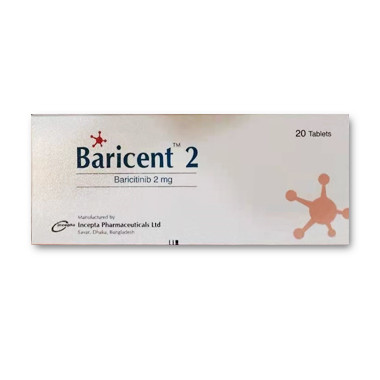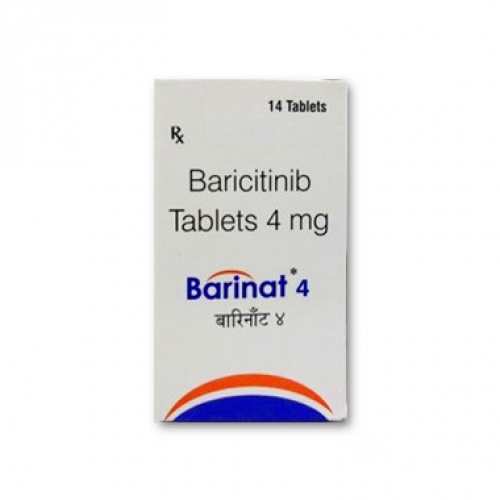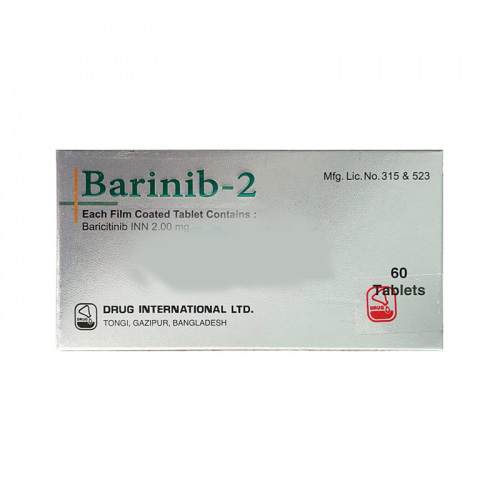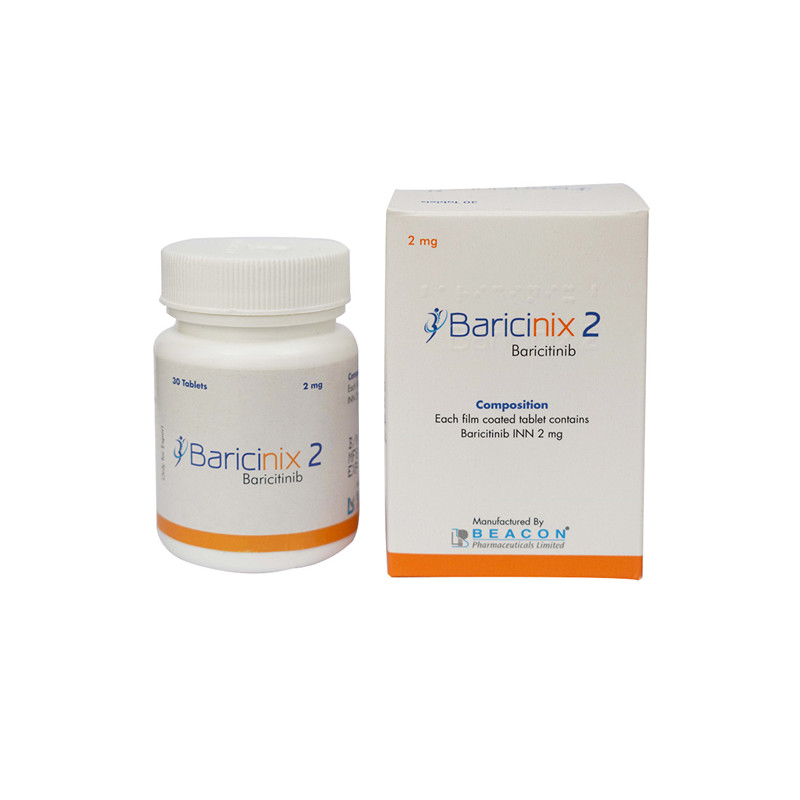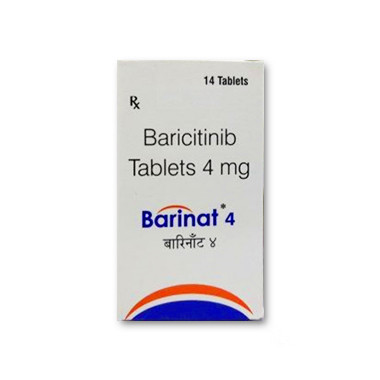Baricitinib(巴瑞替尼)艾乐明有哪些不良反应,Baricitinib(Baricitinib)常见副作用有:1、严重感染,如肺炎、带状疱疹和尿路感染;2、死亡率,50岁以上及有心血管疾病的患者有更高的全因死亡率;3、恶性肿瘤和淋巴增生性疾病;4、重大心血管不良事件;5、血栓形成;6、会出现过敏反应;7、胃肠道穿孔;8、可能会对胎儿造成损害。
Baricitinib (巴瑞替尼) is a medication used for the treatment of rheumatoid arthritis, COVID-19 (caused by the novel coronavirus), and alopecia areata. While it can be an effective treatment option for these conditions, it is important to be aware of the potential adverse effects that may occur. This article will provide an overview of the adverse reactions associated with Baricitinib.
1. Adverse Reactions of Baricitinib
When taking Baricitinib, some individuals may experience adverse reactions. It is crucial to note that not everyone will experience these side effects, and the severity and frequency of the reactions can vary from person to person. Below are some common adverse reactions associated with Baricitinib:
1.1 Gastrointestinal Effects
Gastrointestinal reactions such as nausea, diarrhea, and abdominal pain have been reported in patients taking Baricitinib. These side effects are usually mild to moderate in severity and can be managed with symptomatic treatment or by adjusting the dosage.
1.2 Infections
Baricitinib affects the immune system and may increase the risk of infections. Serious infections, including opportunistic infections, such as tuberculosis and invasive fungal infections, have been reported in some patients receiving Baricitinib therapy. It is important for individuals taking Baricitinib to be vigilant for any signs of infection and to promptly report any symptoms to their healthcare provider.
1.3 Hematologic Abnormalities
Baricitinib can cause changes in blood cell count. Decreased hemoglobin levels, decreased white blood cell counts, and decreased platelet counts have been observed in some patients. Regular blood monitoring is typically recommended to detect any abnormalities and take appropriate actions if needed.
1.4 Elevated Liver Enzymes
Elevations in liver enzymes, such as alanine transaminase (ALT) and aspartate aminotransferase (AST), have been reported with Baricitinib use. Regular monitoring of liver function is advised to detect any significant changes and to guide treatment decisions if necessary.
1.5 Increased Risk of Thrombosis
In rare cases, Baricitinib has been associated with an increased risk of blood clots, including deep vein thrombosis and pulmonary embolism. Individuals with a history of blood clots or those who are at a higher risk should discuss the potential benefits and risks of Baricitinib with their healthcare provider.
2. Conclusion
Baricitinib (巴瑞替尼), a medication used for conditions like rheumatoid arthritis, COVID-19, and alopecia areata, is associated with several adverse reactions. These adverse effects can include gastrointestinal symptoms, increased risk of infections, hematologic abnormalities, elevated liver enzymes, and potential thrombotic events. While the majority of people tolerate the drug well, it is important for patients to be aware of these potential side effects. Regular monitoring and close communication with healthcare providers are crucial to minimize risks and manage any adverse reactions that may arise during treatment with Baricitinib.

